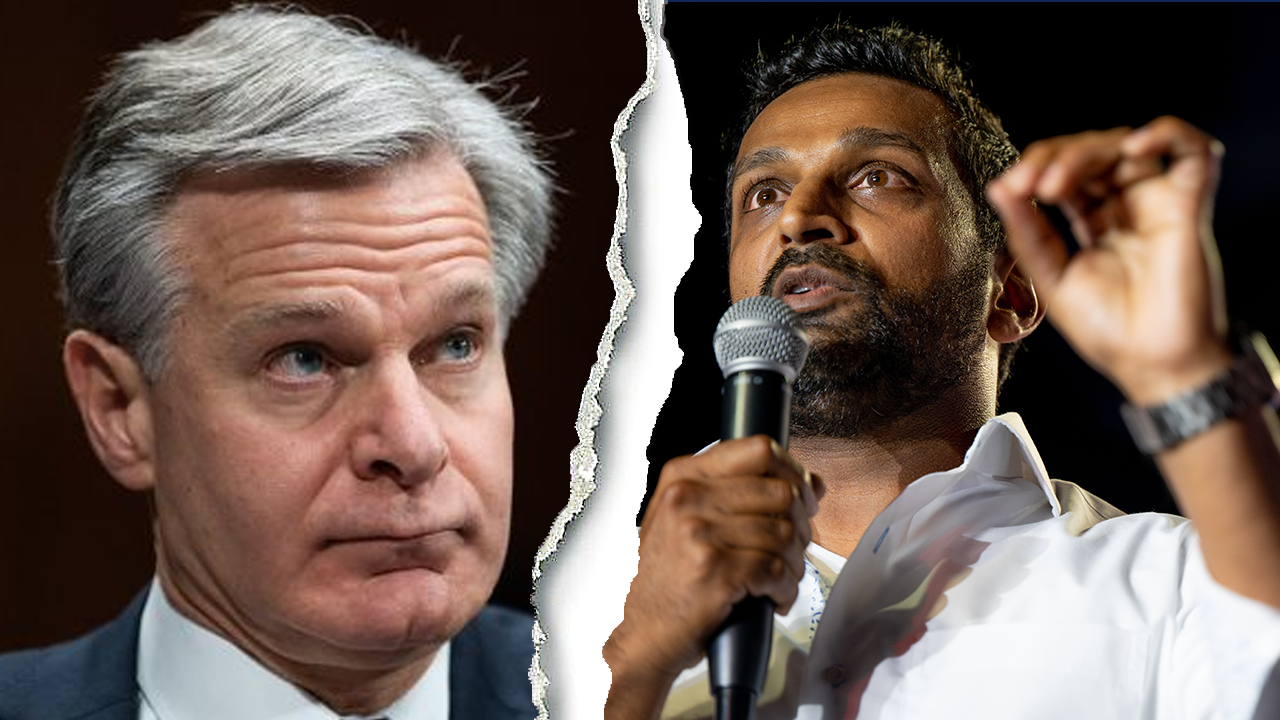Here’s how Trump plans to install longtime ally Kash Patel to head up FBI

President-elect Trump made waves last week when he announced his intention to nominate Kash Patel, a former White House aide and longtime ally, as the new FBI director. If confirmed, Patel would become the only U.S. president to have fired and installed two separate FBI directors in the middle of their 10-year terms.
Describing Patel as a “brilliant lawyer, investigator, and ‘America First’ fighter,” Trump lauded his track record of exposing corruption, defending justice, and protecting the American people. Patel, who served in the first Trump administration as a deputy assistant and senior director for counterterrorism, was endorsed by the National Police Association for his commitment to transparency and accountability.
However, the news of Patel’s nomination was met with criticism from some in the law enforcement community due to the controversial nature of replacing a sitting FBI director. Under post-Watergate laws, FBI directors are appointed for 10-year terms to ensure independence from political interference. Trump previously fired then-FBI Director James Comey in 2017, less than four years into his term, and appointed Christopher Wray as his replacement.
For Patel to assume the role of FBI director, Wray must step down, either voluntarily or at the behest of the incoming administration. If Wray does not resign, Trump could become the first president to have fired and installed two separate FBI directors.
The Senate will also need to confirm Patel for the position, a process that is expected to proceed smoothly given the Republican-led chamber’s likely support. However, some Democrats have already expressed concerns about Patel’s past statements regarding prosecuting journalists and career officials he views as part of the “deep state.”
The history of FBI directors being removed from their positions is rare, with only one other director, William Sessions, being fired in U.S. history. Sessions, a Reagan appointee, faced criticism for his leadership style and misuse of government resources.
In conclusion, Patel’s nomination as FBI director marks a significant development in the law enforcement community. As the confirmation process unfolds, all eyes will be on the Senate and the potential impact of having a new leader at the helm of the nation’s premier law enforcement agency.




